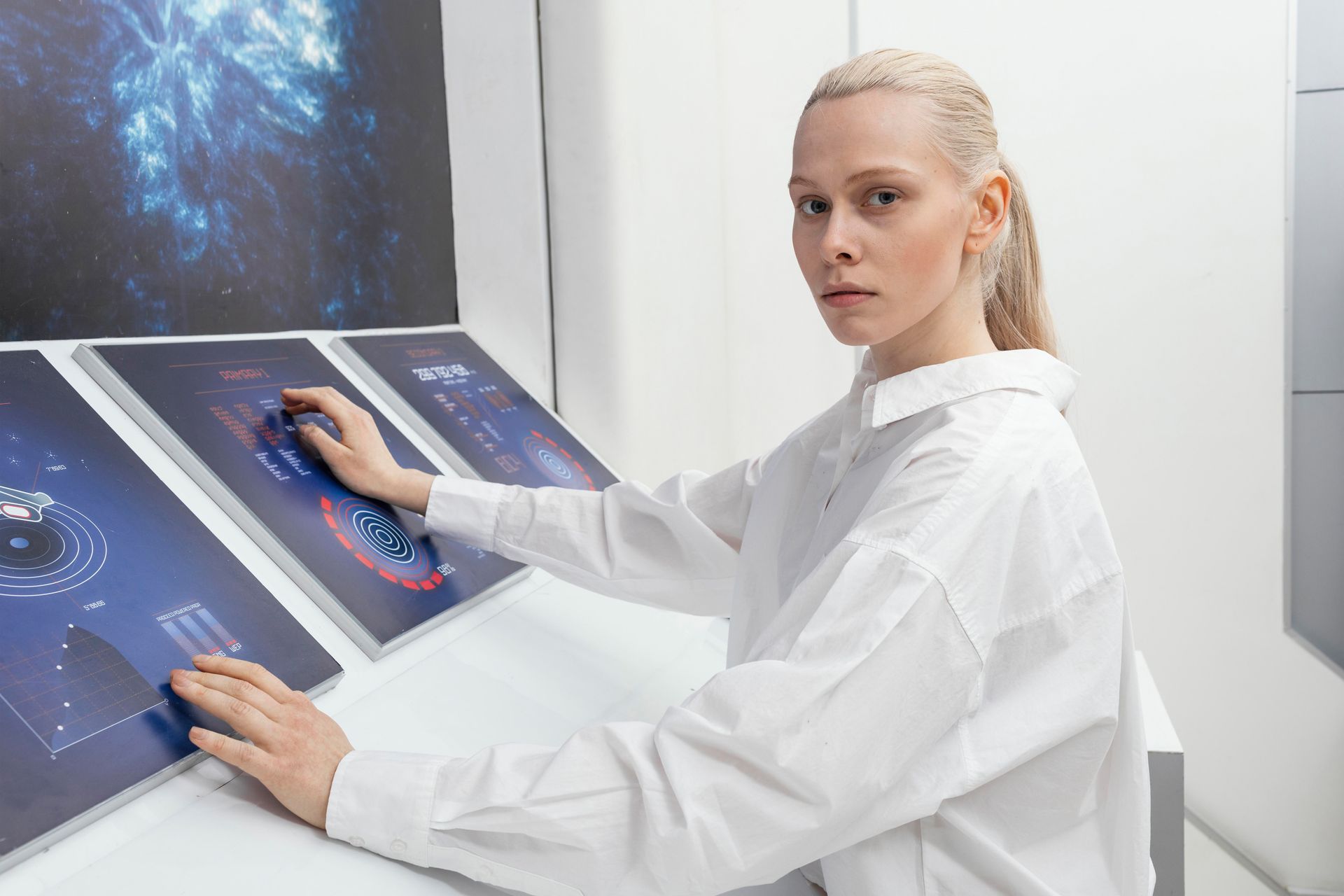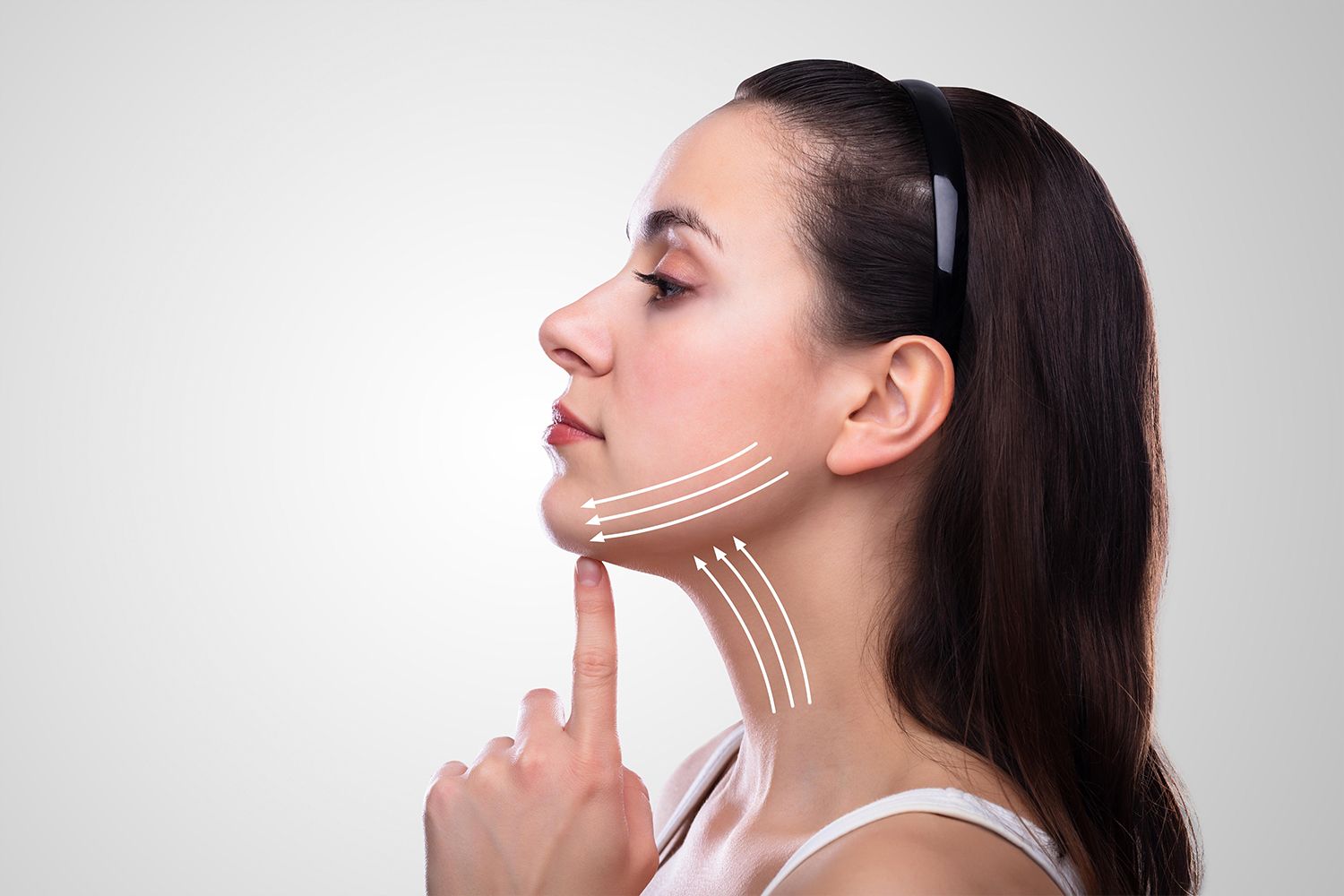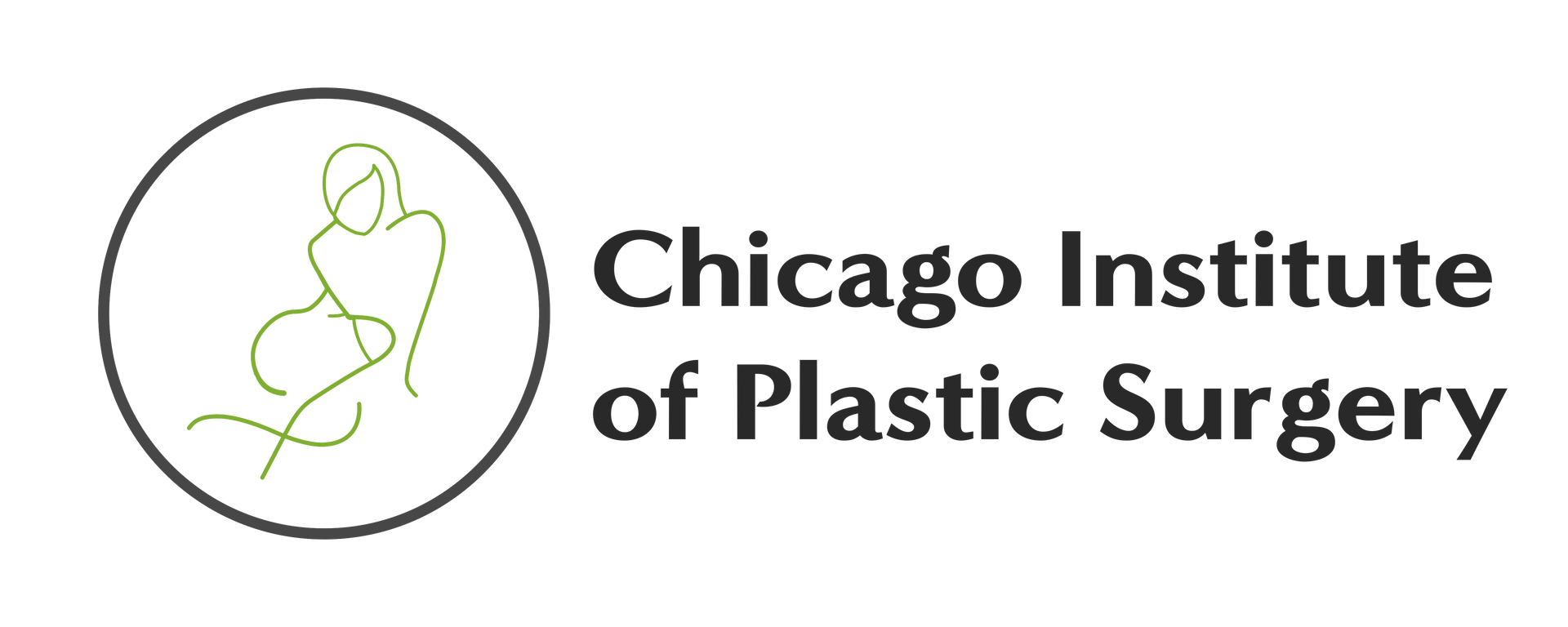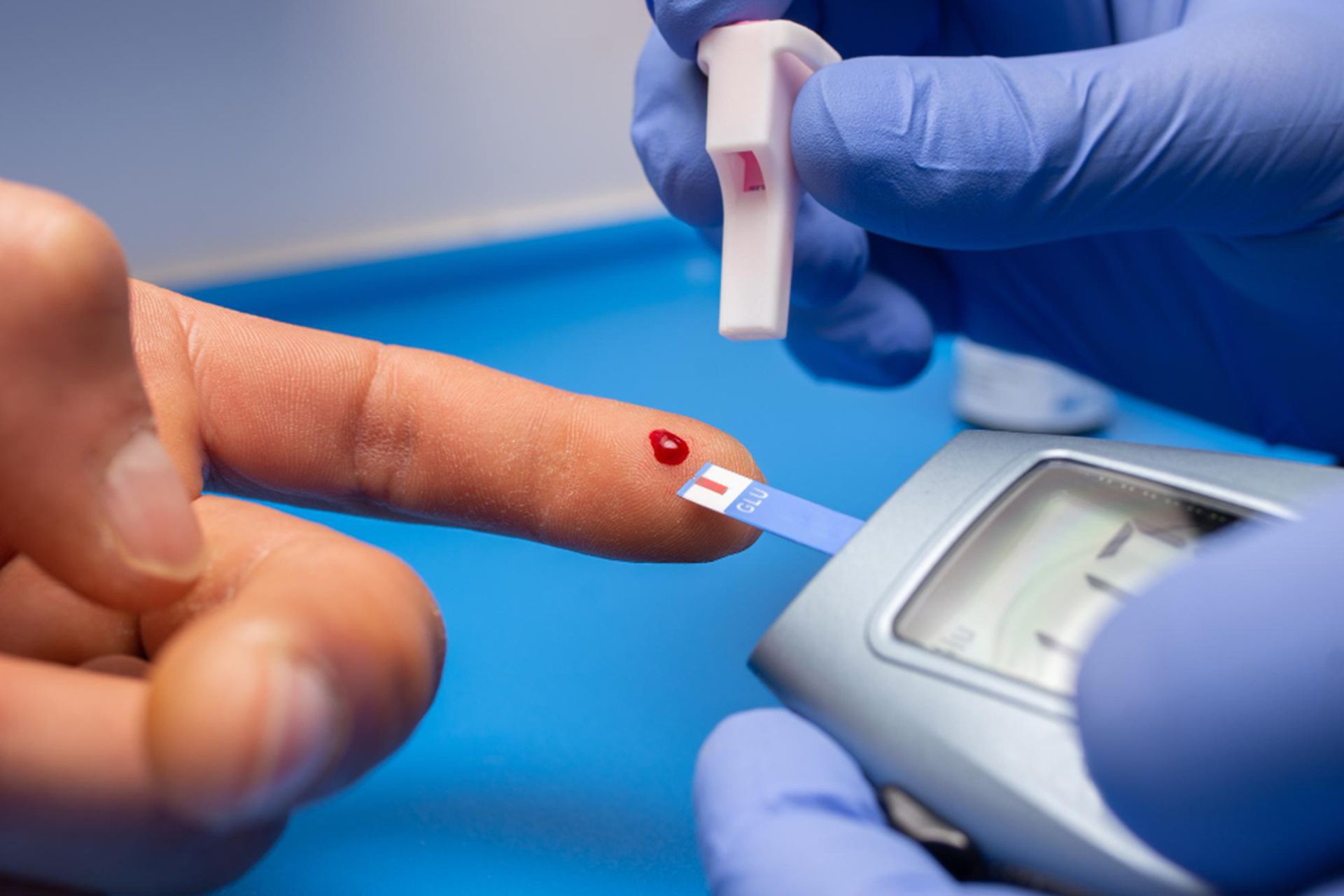How AI Is Shaping the Future of Medicine and Plastic Surgery
In recent times, Artificial Intelligence (AI) sounded like something straight that is the answer to almost everything like robots taking charge, computers diagnosing diseases, and machines replacing humans in critical fields. But what is the truth? AI is quietly redesigning the way we experience healthcare, especially in medicine and even in Plastic Surgery in Chicago.
But before we worry or feel happy, let’s take a moment to look at what it is actually and how exactly is AI stepping into the doctor’s office or the surgeon’s clinic? And most importantly “should we trust”? Let’s Talk!

1. From Thoughts to Reality
If you’ve ever gone through a cosmetic procedure, or even just considered one then you probably had a lot of questions. Will this work for me or how will show its impact in later? Or do I need this?
This is where AI is making a huge difference.
Using advanced image simulation and prediction models, which helps the doctor to show what exactly the treatment will be and also its preview of post-surgery and the results. Whether it’s a nose job, a facelift, or even body contouring. And no, we’re not talking about a Photoshop trick. These simulations are based on your own facial structure, skin elasticity, and even how your body might heal, this is possible just because of deep-learning algorithms.
This will not only beneficial but also a clear decision by neglecting the guess action anymore. It’s about offering clarity and confidence before you commit to something that is life-changing.
2. Now Lest Be Smarter to Diagnoses in Medicine
Now let’s take an example when a patient visits for a mole check, the doctor in a traditional way would visually inspect it and maybe suggest a biopsy. But now, AI will be a great help to identify the images of the mole against thousands of cases in real time, it identifies probable signs of melanoma or other skin cancers with incredible accuracy.
But all this doesn’t mean that AI is replacing the doctor but it is becoming a virtual help to diagnose, in terms the actual real work is done not by data, but a human.
3. AI in Plastic Surgery, Planning with Precision
In plastic surgery, every millimetre counts. One wrong calculation, and the results can be disappointing or even risky.
Today, many leading Cosmetic Surgeons in Chicago are embracing AI tools to enhance planning accuracy and ensure optimal results for their patients. AI helps surgeons plan procedures using 3D modelling, augmented reality, and machine-assisted analysis of a patient’s bone and tissue structure. It allows for:
● Better symmetry in facial surgeries
● Customised implants (think breast augmentation or chin reshaping)
● Safer incisions and sutures with robotic-assisted techniques
Imagine a surgeon having a virtual blueprint of your face before even making the first cut. That’s what we’re moving toward.
4. Post-Surgical Care Gets Smarter
You know something, AI is helping patients to heal in a better way. Post complications like infections, swelling, or healing delays often catch patients off guard. But AI applications and wearable devices can now monitor your vitals, wound condition, and even mood like mental health which results as part of surgery.
The data is instantly shared with your doctor, allowing them to adjust your care plan before things get serious. It’s like having your surgeon in your pocket, without the hospital visits.
5. Making Medicine More Personal
Whether you’re considering a Brazilian Butt Lift in Chicago or a non-invasive facial procedure, AI helps personalise the treatment plan based on your unique body type. Ever felt like doctors sometimes give generic advice? Drink more water, eat healthy, don’t be stressed, but what does that mean for you?
AI stands best on personalization. It can analyse your medical history, genetics, lifestyle, and even your emotional patterns to offer treatments tailored just for you. Whether it’s suggesting the right skincare routine post-laser treatment or predicting how your body will respond to liposuction, it’s all about you and it will be like it is made for you.
That’s where AI get a trophy.
6. Ethics, Trust, and the Human Touch
Now, let’s assume that a robot is doing surgery for a human but is this acceptable in our imagination? No right so let’s stop right there.
AI is a tool, not a replacement. Your surgeon’s experience, empathy, and human intuition still matter more than anything. In fact, one of the biggest discussions around AI in medicine is not what it can do but it actually what it should do.
Do we want machines making final decisions? No right. Should cosmetic treatment be based on algorithms that take people toward unrealistic beauty standards? These are ethical questions we need to ask and only the only one who answers is humans.
7. What This Means for You
If you’re someone considering plastic surgery, or even just exploring medical wellness options then AI isn’t here to scare you but to support you. It helps in building trust, it helps to be the best hand for humans, it helps to make smarter decisions, and also for a better outcome.
But remember at the end it’s your body. Your face. Your story.
And that’s something no machine will ever fully understand. And that is completely fine.
So, is AI the future of plastic surgery?
Yes, of course, it is and also it should be but only as a co-pilot. The real driver is still your surgeon. And most importantly, it’s you.











